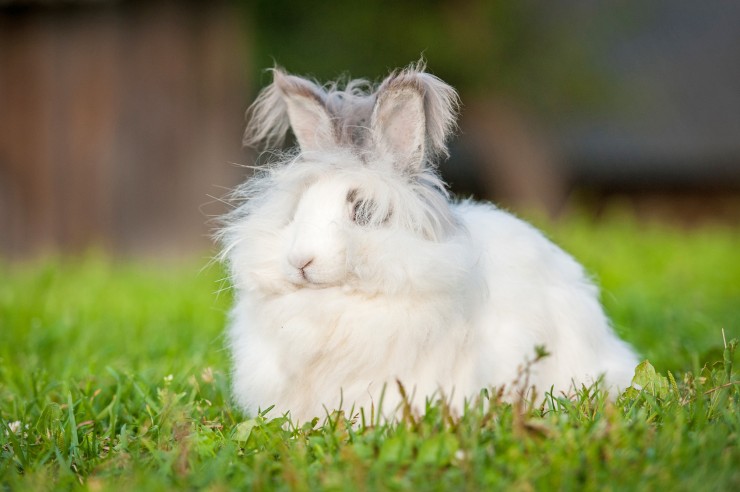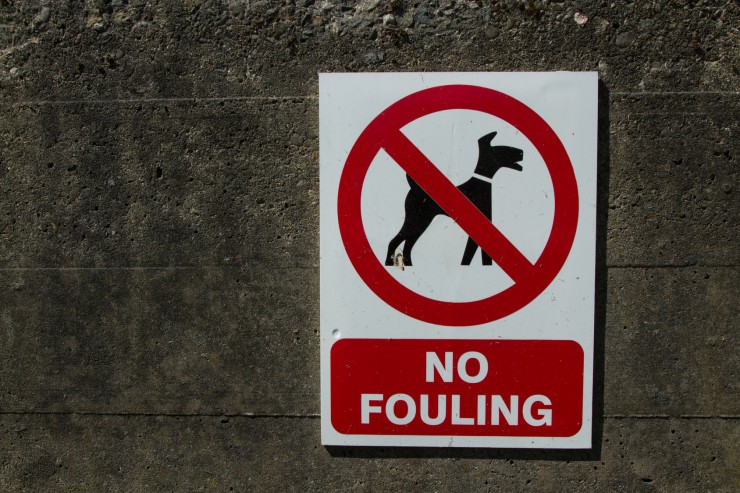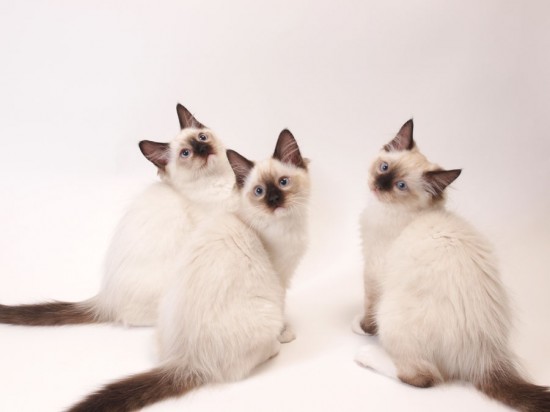
When you have decided what type of fish and plants you wish to keep, found a suitable tank and purchased all the necessary equipment, the next step is to actually set up your aquarium. Many people quite randomly add stuff to their aquarium without much consideration, which usually mean that they will encounter a lot more problems that the prepared aquarists. By sticking to a plan when you arrange your first aquarium you can save yourself a lot of time and trouble.
The first thing you should do is to thoroughly clean your tank. If you skip this stage simply because your new aquarium looks clean and shiny, your fish might die due to left over contaminants that become dissolved in the water. A previously used aquarium also needs a good scrub to remove unwanted parasites and diseases. Many microorganisms are remarkably resilient and can stay dormant even in an empty aquarium. Normally, it is unadvisable to use detergents when cleaning aquarium equipment, but during this first wash you can use a small amount of dish washing liquid in warm water. It is of imperative importance that you rinse away all traces of washing liquid as soon as possible. Use warm water to thoroughly rinse the aquarium several times. Fish can die from even tiny amounts of dish washing liquid.
When you have cleaned your tank, you should clean all the items that will go into the aquarium, such as equipment and aquarium décor. If you use a bucket when cleaning your equipment, you should use a bucket that has not previously been contaminated with any form of detergents. Gravel should be washed under warm running water while being stirred. Continue to stir until the water is clear. If you plan to include bogwood in your set up, you might have to keep it in a bucket for a few weeks before you can place it in the aquarium. Bogwood can not sink until it has been water drenched. If you are lucky, your bogwood has been properly drenched before entering the store shelves.
You should be very careful with items from the wild, since they might affect the water chemistry in the aquarium. If you still want to use aquarium decoration from the wild, you must make sure that the items free from undesired microorganisms. Place them in a bucket filled with water and chlorine bleach. All traces of chlorine bleach must naturally be removed afterwards by repeated rinsing and soaking in fresh water.
Before you begin to fill your aquarium with water you should check that the spot that you have chosen is suitable. The floor must be flat and the room should ideally not be subjected to shakings. A special type of aquarium matting can be used to decrease unevenness between the aquarium and the thing that is stands on top of. A special aquarium stand is recommended, especially for larger aquariums since they can become too heavy for ordinary furniture.
If your tap water contains chlorine, you need a purchase a water conditioner from the fish store to remove the chlorine. In many countries, chlorine is added to the tap water to reduce the growth or bacteria and other micro organisms. In an aquarium, chlorine is naturally unwanted.
Now it is time to test your aquarium for leaks. Mending leaks is much easier now, then when you have filled your aquarium with gravel, equipment, fish etcetera. Fill your aquarium with water and let it stay like that for at least half a day. If there are no signs of leaks, you can remove the water and begin to decorate your aquarium.
The first thing that you should add to your aquarium is the gravel. If you want to use an under gravel filter, the necessary plates must be inserted prior to the gravel. It is popular among aquarists to add more gravel to the back of the aquarium that to the front, in order to create a sloping bottom that gives you a better view of the aquarium. Adding 1-3 inches of substrate is common, but some aquarists prefer a deep sand bed while others go for much less gravel. If you are going to use under gravel filtration, you should follow the instructions for the filter system.
The next step involves filling the aquarium half way up with water. If you fill the aquarium all the way up, it will be more difficult to add equipment and decorations. One of the most convenient ways of filling your aquarium with water is to place a place on top of the gravel and pour dechlorinated water onto that plate. With this method, you will disturb the gravel as little as possible. Try to direct the flow to the sides of the tank. By using a plate and adding water at a slow pace, you can have your water pretty clear from the start. It is normal for the water to look a little cloudy after being poured into the aquarium; it will settle after a day or two.
Attach the equipment to their proper places in the aquarium. For most beginner aquarists, this means the heater, the thermometer and the filter. A heater should be placed somewhere in the aquarium where the circulation will be potent, since this will spread the heat evenly in the tank. The thermometer should be placed where it is easy to read. Do not connect the equipment to the electrical outlet yet.
Place aquarium decoration at their desired places. Try to create plenty of good hiding spots for your fish, since this will make them feel more at home in the aquarium. A fish that is relaxed is less prone to diseases. Aquarium decoration is also a good way of hiding ugly cable cords, tubes etcetera. Make sure that the decorations are safely a secured. Caves should not be able to collapse, stones should not topple, and artificial plants should be anchored in the substrate or attached to aquarium decoration.
Live plants are a nice addition to the aquarium and sturdy plant species can be successfully kept even by beginner aquarists. If you want to keep live plants, you can add them now. If you are in no hurry, you can instead wait a few days and allow the water to stabilize since this is more beneficial for the plants. It is advisable to read more about aquatic plants before you choose plants. This way, you will find out which plants that are ideal for you and how to care for them. Some plants should be planted in the substrate; others attached to aquarium decoration, and a third type is simply left floating at the surface.
When you have gotten this far, you should turn on the equipment and make sure that they work. Always read the manuals that come with aquarium equipment before you begin to use the items. Fill the aquarium full with dechlorinated water and wait 30 minutes before you turn on the heater. Install the air supplying equipment, e.g. air stones or the air pump. Also turn on the mechanical filter, if you are using this type of filtration. Always follow the manufacturers instructions, since different equipment have different requirements. The temperature in the aquarium should be closely monitored for a day or two to make sure that everything works properly before you add any fish. The filter should run for at least one day.
Now you are ready to begin the so called ‘cycling’ of the aquarium. This is an important step that should never be skipped. I suggest that you read about aquarium cycling before you add any fish, since this can save you a lot of trouble and prevent fish death.
When you have setup your aquarium you can read more about how to manage it AC Tropical Fish. AC tropical fish also offer all visitors a free comprehensive aquarium ebook and support many smaller aquarium sites such as this one about clownfish
 Grooming And Caring For The Coat Of The Angora Rabbit
Grooming And Cari
Grooming And Caring For The Coat Of The Angora Rabbit
Grooming And Cari
 Seizures And Epilepsy In Cats
Seizures And Epil
Seizures And Epilepsy In Cats
Seizures And Epil
 The 4 Rules To Picking Up And Disposing Of Dog Poo
The 4 Rules To Pi
The 4 Rules To Picking Up And Disposing Of Dog Poo
The 4 Rules To Pi
 The Ragdoll - The Cat Who Thinks Its A Dog!
The Ragdoll - The
The Ragdoll - The Cat Who Thinks Its A Dog!
The Ragdoll - The
 The Pros And Cons Of Keeping A Rottweiler As A Pet
The Pros And Cons
The Pros And Cons Of Keeping A Rottweiler As A Pet
The Pros And Cons
Copyright © 2005-2016 Pet Information All Rights Reserved
Contact us: www162date@outlook.com